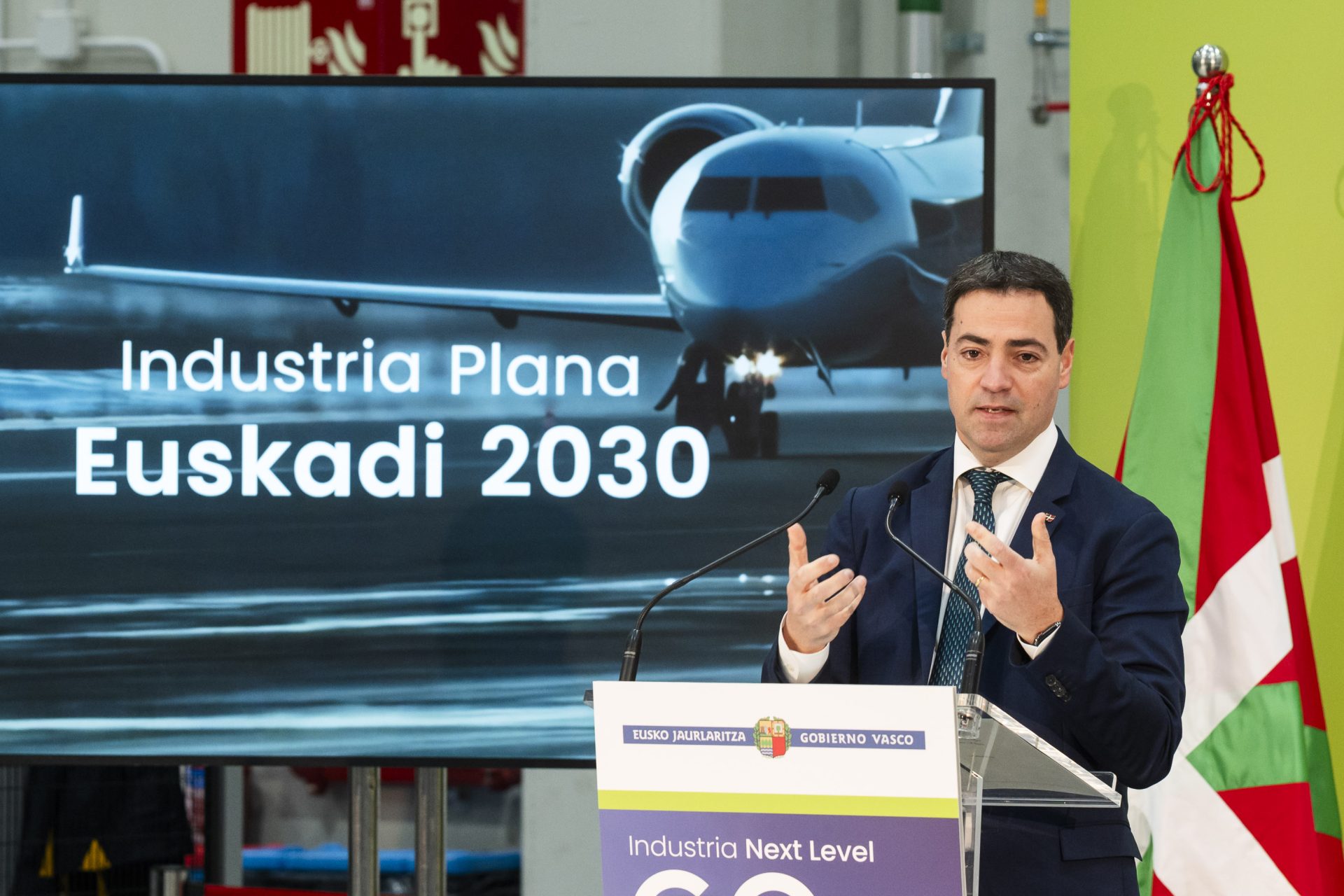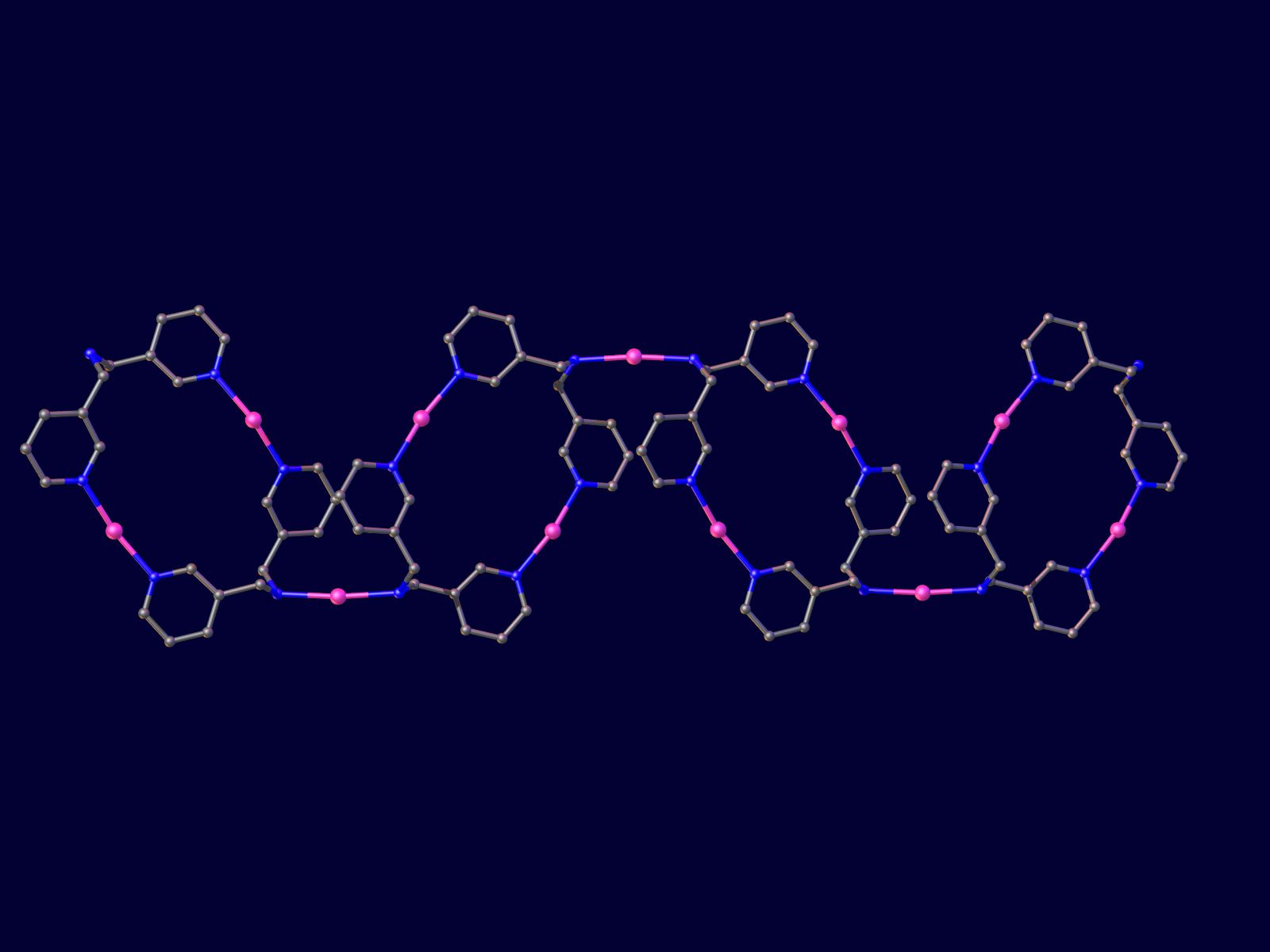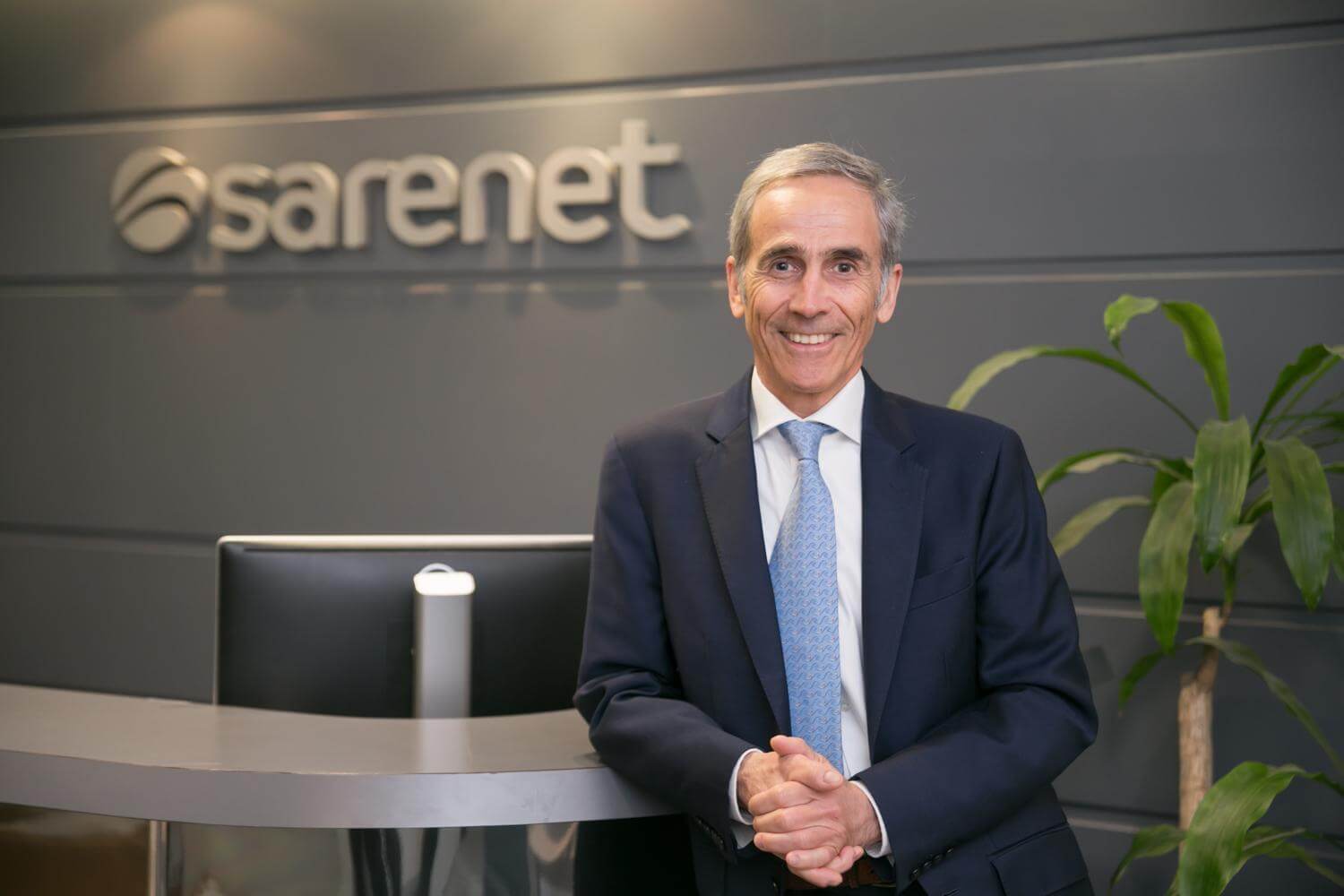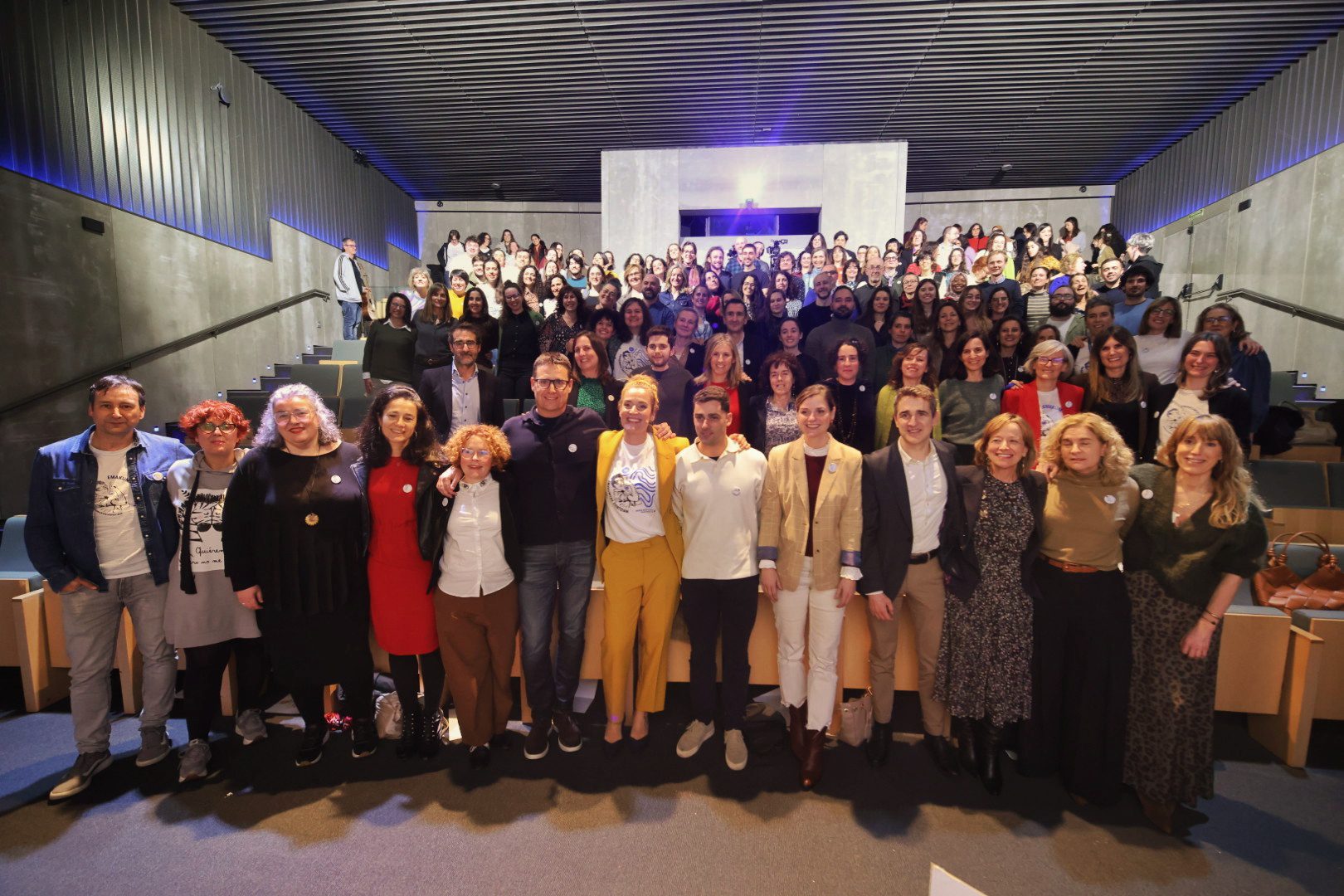A SMART BRACELET TO IMPROVE THE LIVES OF PATIENTS WITH NEUROMUSCULOSKELETAL PATHOLOGIES
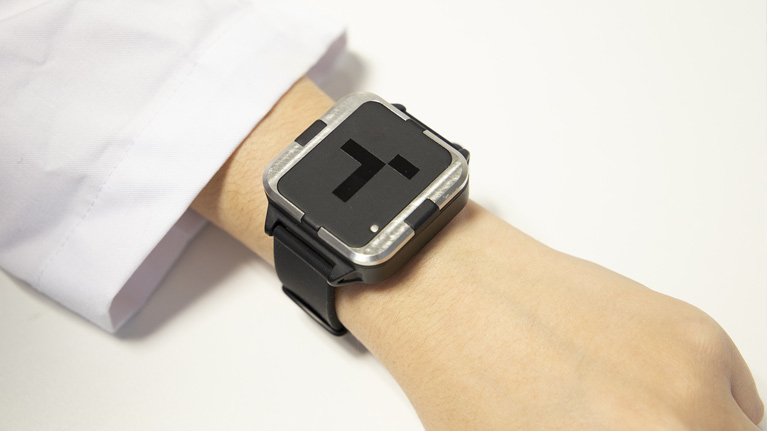
Tekniker has developed a device that monitors the main vital signs with technology based on bioelectronics.
 Progressive aging of the population, growing rates of dependence and the need to care for patients and monitor their health at home have made it necessary to develop new technological systems to address this challenge properly.
Progressive aging of the population, growing rates of dependence and the need to care for patients and monitor their health at home have made it necessary to develop new technological systems to address this challenge properly.
In order to achieve this goal, the Tekniker technology centre is currently involved in the IBERUS Red de Excelencia Cervera, a project funded by the Ministry of Science and Innovation via the Centre for Technological-Industrial Development (CDTI).
The ultimate aim of this project is to set up a cooperation strategy in the research, development and innovation network to manage Smart Health Data (smart data in the health area) efficiently for the diagnosis, prognosis and treatment of pathologies and alterations involving the neuromusculoskeletal system.
A smart, connected, and interoperable medical device
It is within the framework of this project that Tekniker has been asked to optimise and develop a low-cost wearable medical device that is smart, connected, interoperable and consumes very little power.
The solution consists of a platform in the form of a bracelet that monitors vital signs. Thanks to a Bluetooth connection, the device gathers the user’s most relevant health data and provides readings related to electrocardiograms, pulse oximetry, body temperature and physical activity.
In order to do so, the technology centre has fitted the device with cutting edge technologies such as AI and cybersecure communication protocols.
Healthcare specialists will now be able to receive this information to prevent or report potential diseases or accidents affecting patients living outside monitored environments such as hospitals.
Nerea Arandia, the person in charge of Tekniker’s Electronics and Communications Unit says that “the bracelet is very easy to use because it features a fully automated measuring system that requires very little user interaction”.
Although product development is still in the validation stage, all requirements have been met with regard to design and development procedures & standards applicable to medical devices such as, among others, ISO 13485 for which Tekniker has been certified.
The first pilot test
It was in December 2022 when the research team ran the first pilot test in a real environment at a nursing home for the elderly. The Tekniker researcher says that “the results obtained were completely satisfactory”.
Based on the data obtained in the initial testing phase, the team will carry on optimising device operations to improve the solution.
The Iberus initiative (CER-20211003) involves four technological research centres characterised by a high degree of specialisation and excellence in the healthcare sector. These centres are: Instituto de Biomecánica de Valencia (IBV), Fundación Centro Tecnológico de la Información y la Comunicación (CTIC), Instituto Tecnológico de Castilla y León (ITCL) and Tekniker.
